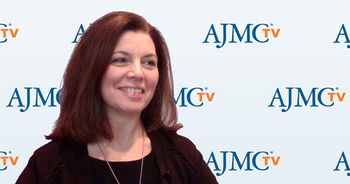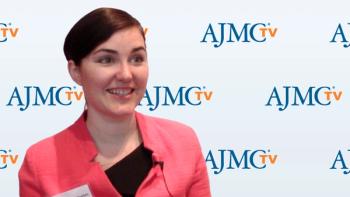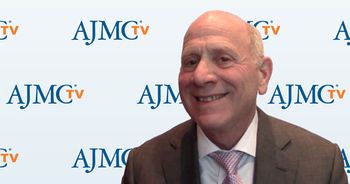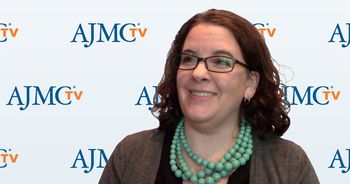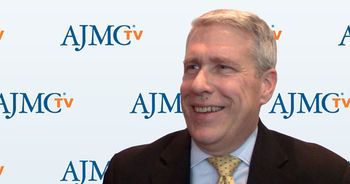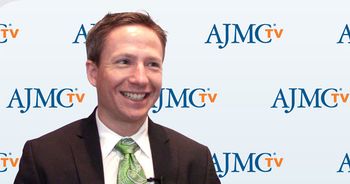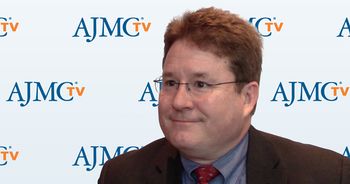
As new therapies come to market, there is the good news that patients are cured or living longer, but it has to be balanced by the bad news that these treatments are far more expensive, said Paul Billings, senior vice president advocacy for the American Lung Association.
